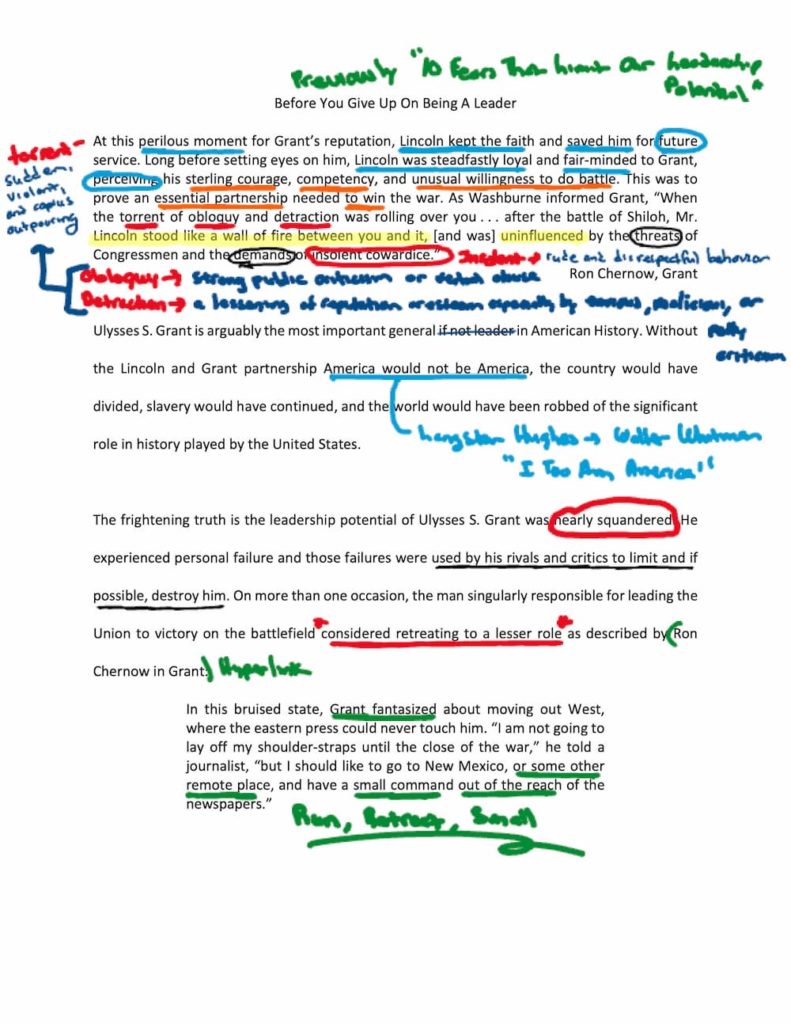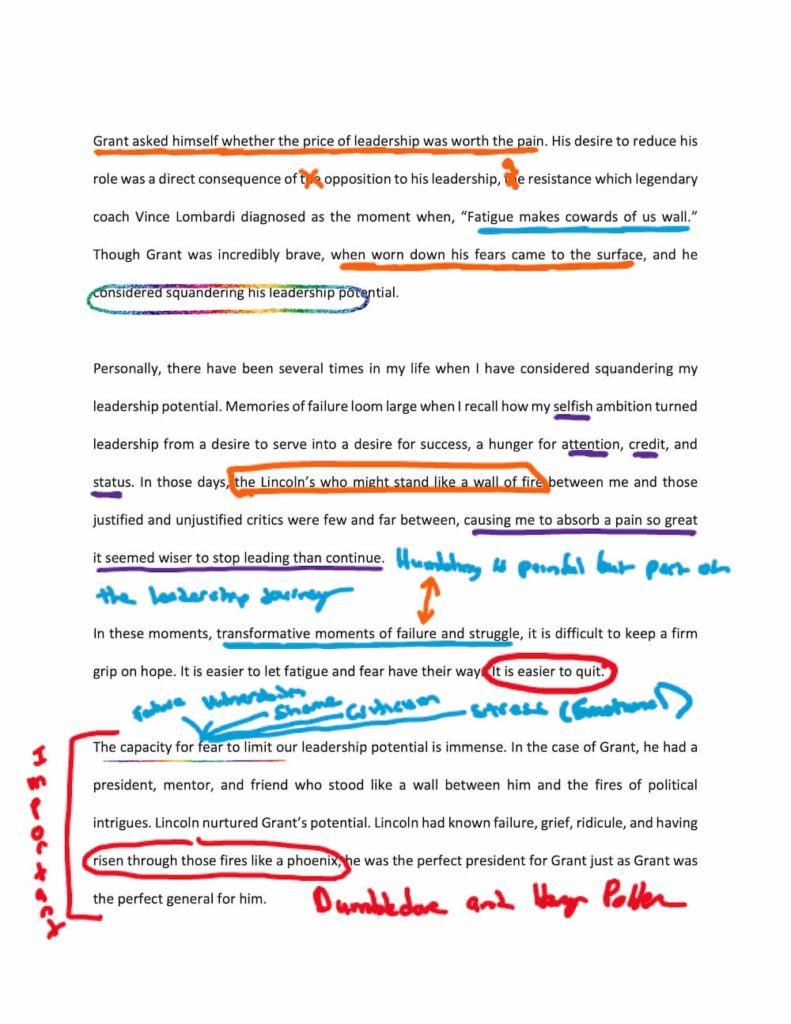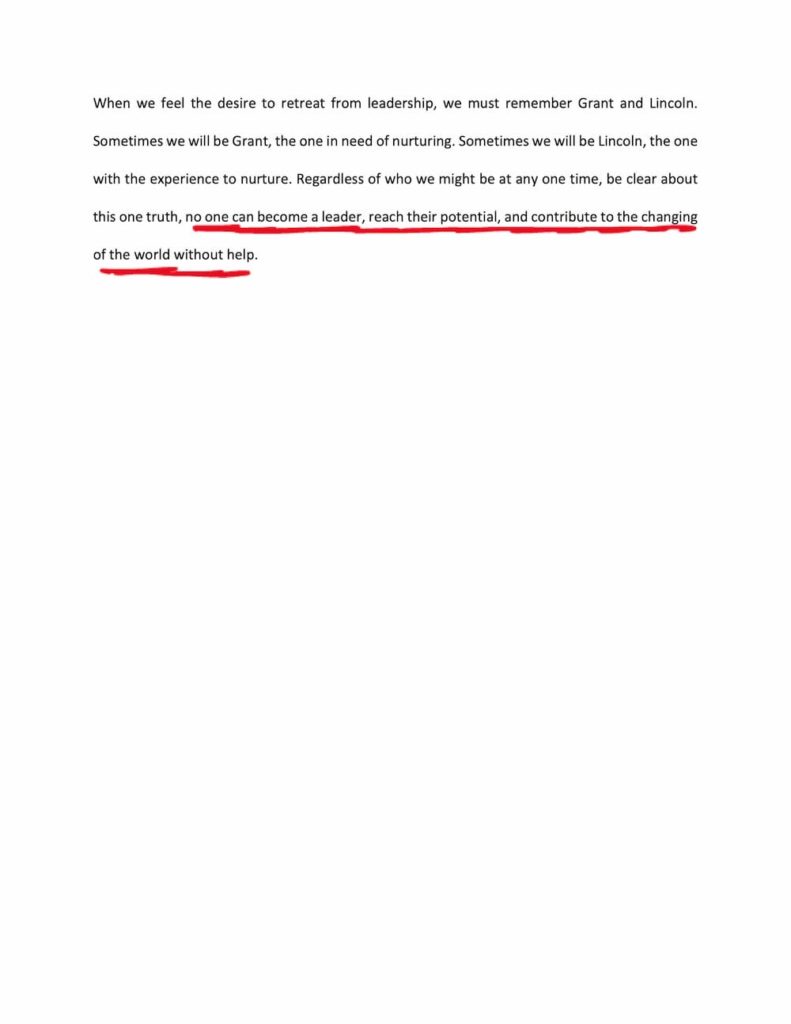
Before You Quit
October 9, 2020
Russ Ewell
Why do leaders quit?
This is the question that has set my mind on fire! How do we keep on leading when the negatives seem to outweigh the positives for continuing on?
Why is this on my mind?
Recently, more and more of my conversations with leaders have been about fatigue and stress from the pandemic lockdown, wildfires, racism, social unrest, political polarization, economic upheaval and the general sense that the world’s chaos is flooding into every institution, both nationally and globally.

As a result, leaders of all types are experiencing one of the most challenging times in a generation. This dilemma prompted me to talk about the importance of hanging in there and not giving up on being a leader, whether it is at home, school, business, church or community, and perhaps most of all in government.
I sincerely want to encourage all of us to allow history to inspire us to find partners and friends who can help us keep pushing forward despite the pain of failure and fear.
Russ off the Cuff
Before you read on, please check out my new podcast. Just me in ‘the wild’ so to speak—no support, no team, just me thinking, struggling, discovering in real-time. You can find it on Spotify under the name “Russ Off The Cuff.” Yes, it’s a funny name, even goofy, but it is perfect for this unscripted, unedited podcast that rolls through the thoughts and reflections of my mind.
Before You Give Up On Being A Leader
At this perilous moment for Grant’s reputation, Lincoln kept the faith and saved him for future service. Long before setting eyes on him, Lincoln was steadfastly loyal and fair-minded to Grant, perceiving his sterling courage, competency, and unusual willingness to do battle. This was to prove an essential partnership needed to win the war. As Washburne informed Grant, “When the torrent of obloquy and detraction was rolling over you . . . after the battle of Shiloh, Mr. Lincoln stood like a wall of fire between you and it, [and was] uninfluenced by the threats of Congressmen and the demands of insolent cowardice.”
– Ron Chernow, Grant
Ulysses S. Grant is arguably the most important general in American History. Without the Lincoln and Grant partnership America would not be America – the country would have divided, slavery would have continued, and the world would have been robbed of the significant role in history the United States played.
The frightening truth is the leadership potential of Ulysses S. Grant was nearly squandered. He experienced personal failure, and those failures were used by his rivals and critics to attempt to limit and, if possible, destroy him. On more than one occasion, the man singularly responsible for leading the Union to victory on the battlefield considered retreating to a lesser role, as described by Ron Chernow in Grant:
In this bruised state, Grant fantasized about moving out West, where the eastern press could never touch him. “I am not going to lay off my shoulder-straps until the close of the war,” he told a journalist, “but I should like to go to New Mexico, or some other remote place, and have a small command out of the reach of the newspapers.”
– Ron Chernow, Grant
Grant asked himself whether the price of leadership was worth the pain. His desire to reduce his role was a direct consequence of opposition to his leadership, a resistance which legendary coach Vince Lombardi diagnosed as the moment when, “Fatigue makes cowards of us all.” Though Grant was incredibly brave, burnout brought his fears to the surface, and he considered squandering his leadership potential.
Personally, there have been several times in my life when I have considered squandering my leadership potential. Memories of failure loom large when I recall how my selfish ambition turned leadership from a desire to serve into a hunger for success, attention, credit, and status. In those days, friends like Lincoln, who might “stand like a wall of fire” between me and those justified and unjustified critics, were scarce, causing me to absorb a pain so great it seemed wiser to stop leading than continue.

In these transformative moments of failure and struggle, it is challenging to keep a firm grip on hope. It is easier to let fatigue and fear have their way. It is easier to quit.
The capacity for fear to limit our leadership potential is immense. In the case of Grant, he had a president, mentor, and friend who stood like a wall between him and the fires of political intrigues. Lincoln nurtured Grant’s potential. Lincoln had known failure, grief, and ridicule. Having risen through those fires like a phoenix, he was the perfect president for Grant, just as Grant was the perfect general for him.
When we feel the desire to retreat from leadership fester, we must remember Grant and Lincoln. Sometimes we will be Grant, the one in need of nurturing. Sometimes we will be Lincoln, the one with the experience to nurture. Regardless of who we might be at any one time, be clear about this one truth: no one can become a leader, reach their potential, and contribute to the changing of the world without help.

My Leadership Notebook
The following are my handwritten notes illustrating my thoughts and ideas still in development. I’d like to give you a window into my thought process each week, in hopes that it will inspire you to unleash your own creativity and embrace imperfection.




